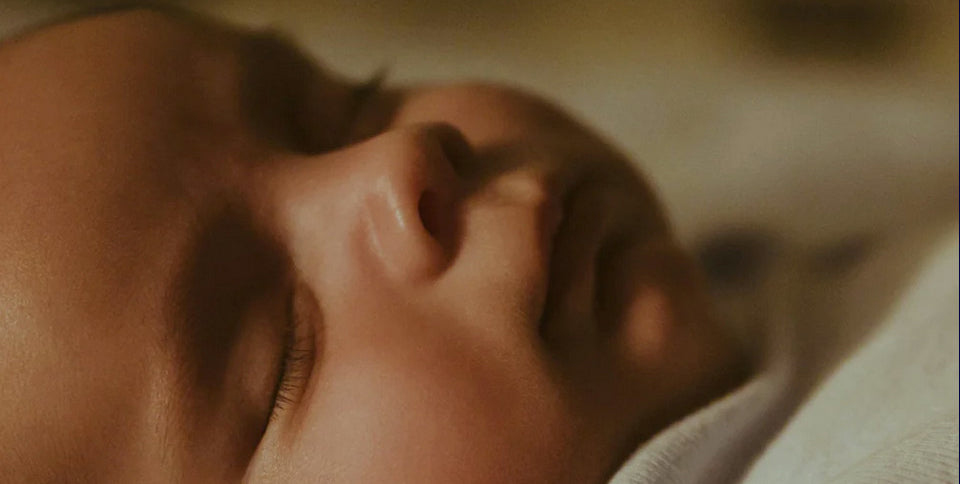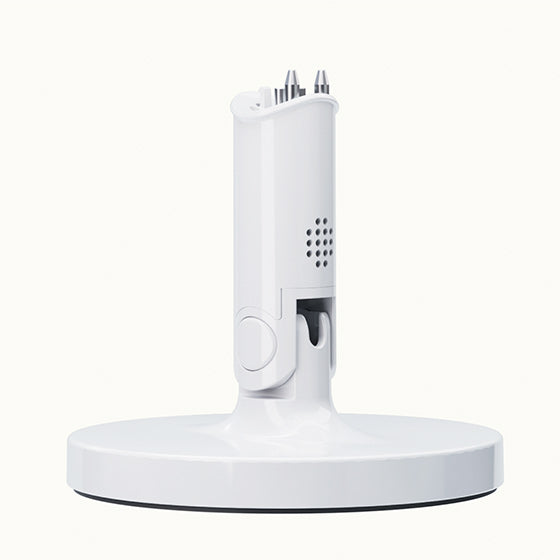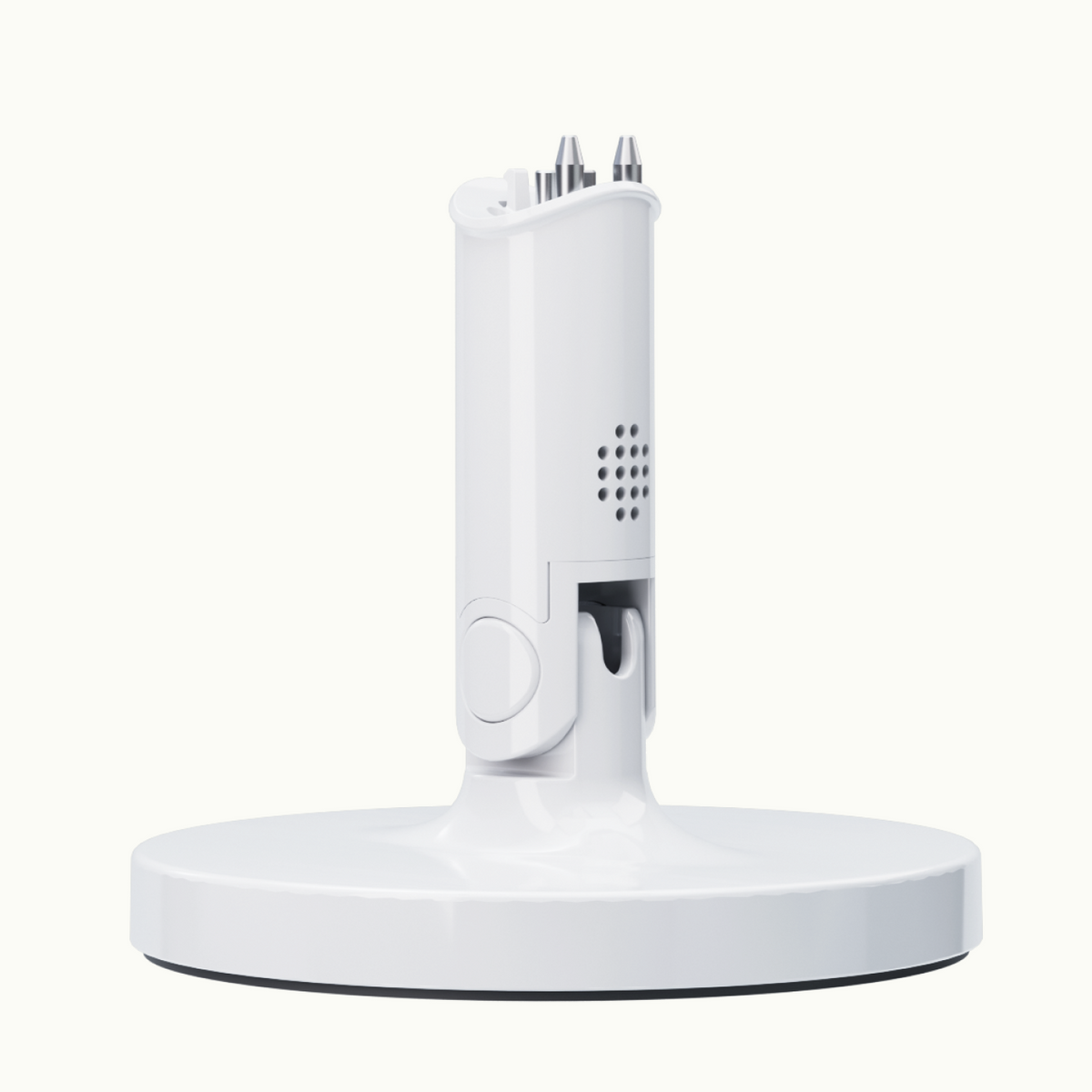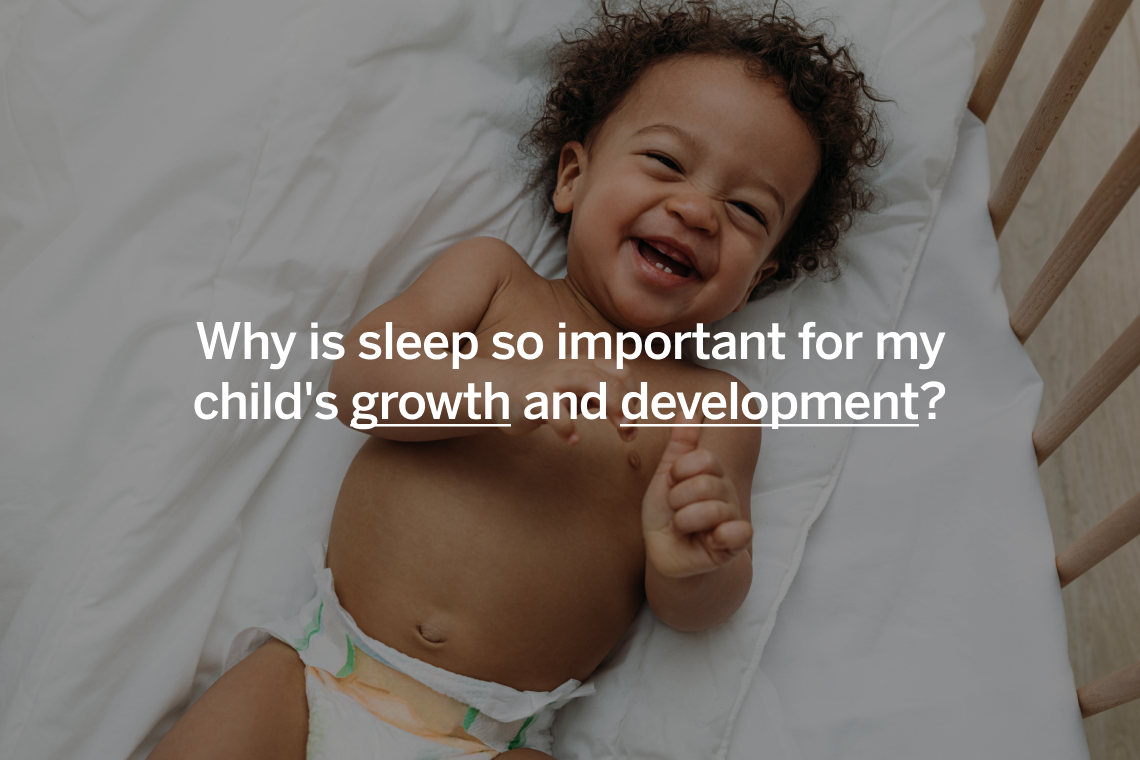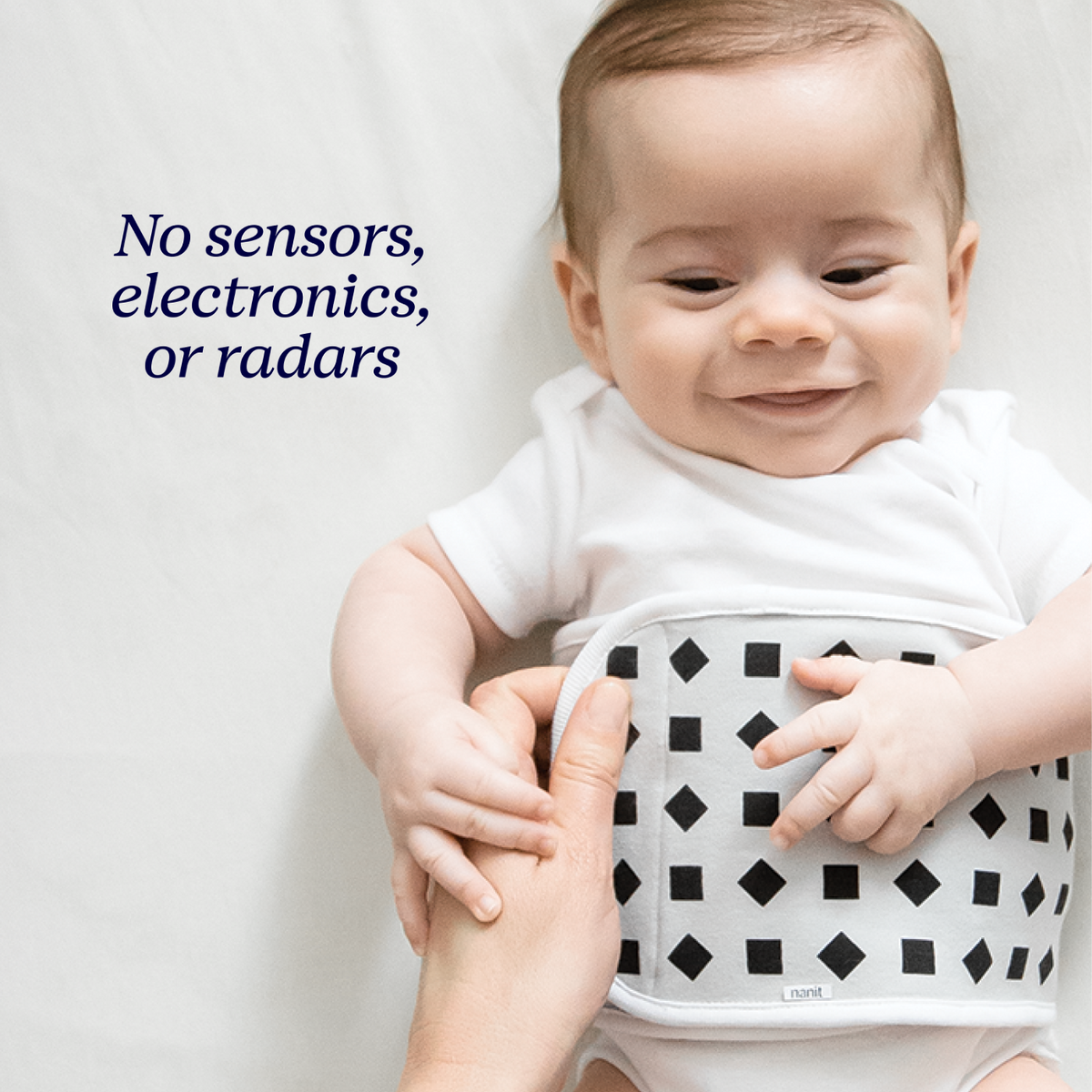Most couples tell me that they didn’t prepare their relationship for the stress to come once they became parents. And yet, the research is clear. Couples will experience a decline in their relationship satisfaction in the first three years of a child’s life. If you are like most new parents that enter my therapy office, you may be feeling like two ships passing in the night.
What can we do to help keep our relationship healthy during this time when everything else feels out of our control? We must make conscious choices each day towards a connected relationship. These choices don’t need to be big efforts or require a lot of time.
Here are my ten top tips to help you navigate this time now that baby is here.
1. Find you, again
A healthy relationship also consists of a healthy self. Many people focus on caring for others – their child, their partner, their extended family. When you give all of your energy outward, you are more likely to feel increased frustration, exhaustion, and stress. This stress will, in turn, come out in other ways, like irritability and shortness with your partner.
Now that you are a parent, get intentional about finding you again. Carve out time for you to do things that bring you joy or connect you to what matters to you. Not sure where to start? Find something that allows you to be creative.
2. Prioritize sleep and rest
We live in a society that emphasizes striving and doing more. For many of the parents that I work with, their self-worth is often defined by the things they accomplish.
Parenthood challenges this need to do all of the things, as it is no longer possible to juggle it all. Learn to prioritize your sleep and rest. If you are not rested and getting a good night’s sleep (as much as possible during night feedings), you are more likely to be irritable with your partner.
3. Express appreciation and gratitude
Research shows that when we express gratitude, our brains down regulate from a stressed state to a calmer state. The idea with appreciation and gratitude is that it can be done at any time, even if you are tired. At our core, we all need acknowledgment and recognition from our partner. We want to be seen.
Develop a practice of expressing appreciation and gratitude to your partner. It could be a morning practice, or one while eating a meal together. It might be something small like, “Thank you for getting me a glass of water” or acknowledging what it means to have a partner by your side while you navigate the challenges of parenthood.
4. Accept your differences
You are two separate people. You are going to have your own thoughts, feelings, opinions, desires, wishes, and values. I like to remind couples that neither partner is right or wrong. (Yes, remove the need to be right!). There is space for both experiences. Now that you are parents, you must accept that you will parent differently.
One way that you can accept your differences is to build compassion for yourself and your partner. Compassion acknowledges, with kindness, that you are struggling, that struggling is a human experience, and that you are doing your best. I like to ask the question, “What would you say to a dear friend?” And express this to your partner.
5. Listen to understand
We often listen to respond, instead of listening to truly understand. Our ego’s show up, wanting to protect ourselves. This position can often lead to a downward spiral into negative communication patterns and more disconnection.
A key relationship tool is being able to try to understand your partner’s experience. Learn to put your thoughts and feelings on the side while you ask questions about your partner’s experience. With listening, you can express empathy and validation to let your partner know you hear them. Validation sounds like, “You’re having a hard time,” or “You feel overwhelmed.”
Remember: You don’t need to problem solve everything for your partner. Sometimes they just need to be heard, no matter what that reality may be.
6. Intentional dates
A common complaint from new parents: It’s incredibly challenging to find time to have a date night out of the house. With the pandemic adding another layer, many new parents feel stranded without the support of their communities and extended family.
Date nights are not going to look like they once did. Instead, find ways that you can create meaningful time together. Plan a date night once a month together, at a minimum. The time should be intentional and without distractions. This might be ordering takeout, making a special meal after baby goes to bed, or watching a show together while baby naps.
7. Redefine intimacy
Many mothers express not feeling ready for sexual intimacy in the postpartum period, while some fathers feel disconnected from their partner. It’s important to acknowledge that both partners are undergoing many changes within themselves and the relationship altogether. I often recommend taking the pressure to have sex off the table for the first year after giving birth. Desire and arousal decrease when there is pressure to have sex.
There are six different types of intimacy, including sexual, physical emotional, intellectual, value-based/spiritual, and experiential. Share with your partner other ways that you feel close and connected. Be sure to include non-pressured physical touch in some way, something as small as a 6-second kiss or a 30-second hug.
8. Express your needs
I remember thinking, “My husband should just know what I need” in the middle of the night while nursing my first born. Yes, even as a couple’s therapist, I got stuck in these classic unhelpful ways of thinking!
Your partner is not a mind reader. Don’t wait for someone to ask you what you need. Practice sharing your needs in clear and simple ways. This can sound like, “I’m really overwhelmed, and I need 10 minutes by myself” or “I miss spending time with you. Can we play a game tonight?” By practicing this type of communication, you can avoid the tricky negative communication patterns many couples get into during the postpartum period (i.e., criticism, defensiveness, etc.).
9. Create rituals of connection
Get intentional with your time and find ways to shift out of “two ships passing in the night.” You can do this by creating simple rituals of connection. Rituals don’t require a lot of time. They can be as small as pouring out your partner’s cup of coffee in the morning, or going to the door to greet your partner when they get home.
My go to? Create a daily check in. Take ten minutes at some point during the day. Here are some questions you can take turns asking: What is your biggest stressor today? How can I support you? What do you need in terms of our time together and time apart?
10. Build a space of play and laughter
Welcoming a baby into our family and hearts is a huge change. Sometimes our focus shifts to navigating all of our responsibilities as parents. By doing this, we lose the ease and fun we might have once had.
Play as an adult is incredibly important. Do you put on music and have a dance party? Do you play games together? Do you create a new recipe to try? Consider how you and your partner build playfulness in your lives together and find ways to bring laughter and lightness to your daily interactions.
Prioritizing the health of our relationship can be one of the most powerful offerings we give to our children. When we are connected with our partners, we are more likely to feel better within ourselves. This connection can then be shared with our children as we model what it means to build a healthy, loving relationship.
Dr. Tracy Dalgleish helps individuals and couples navigate the challenges we all face in our relationships and within ourselves to create a more meaningful life through therapy, wellness seminars, and her work outside of the therapy room. For over 15 years, Dr. Dalgleish has provided direct clinical services as well as researching, writing, and speaking about relationships. She provides psychological assessments, diagnosis, and individual and couple therapy for a variety of difficulties, including depression, anxiety, postpartum difficulties, stress and burnout, and relationship difficulties. A mother of two young children and owner of Integrated Wellness, a mental health clinic in Ottawa Ontario, she understands what it means to juggle the full load of being a mother and a woman. Follow her on Instagram @drtracyd.
Parenthood is life-changing. In our Me Time community group, you can connect with other parents on managing relationships and other topics like this leading up to and during parenthood.

